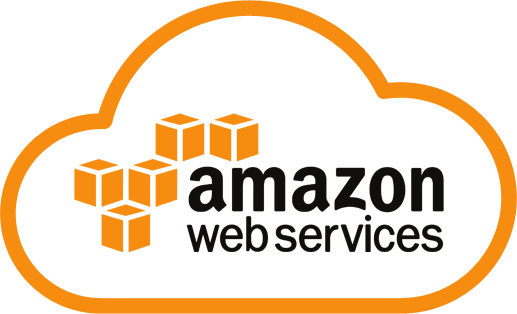Darknet links have increasingly become an essential element in fostering a more open and private internet, offering users an alternative to the conventional, highly monitored web environment. At their core, darknet links provide access to networks that emphasize anonymity and privacy, enabling users to navigate the internet without revealing their identity or location. This feature is particularly crucial in an era marked by pervasive surveillance, data breaches, and growing concerns about online privacy. Unlike the surface web, which is indexed by traditional search engines and subject to governmental and corporate monitoring, darknet links direct users to hidden services and sites that are not accessible through regular browsers, thereby creating a digital space that resists censorship and tracking. This inherently contributes to a more open internet by empowering individuals to share information, communicate freely, and explore ideas without fear of reprisal or surveillance. One of the most significant contributions of darknet links to internet openness lies in their ability to facilitate unrestricted access to information. In many regions worldwide, governments impose strict censorship laws that block websites, restrict access to social media, and suppress dissenting voices.

Darknet networks bypass such controls by design, providing activists, journalists, and ordinary users with a secure channel to access and disseminate uncensored content. This access is invaluable for promoting freedom of speech and supporting human rights, especially in authoritarian regimes where the open exchange of ideas is stifled. The anonymity guaranteed by darknet links ensures that users can participate in these conversations safely, reducing the risk of persecution. Consequently, darknet links help maintain the flow of information, which is vital for democratic engagement and societal progress. Moreover, darknet links contribute to privacy preservation by protecting users’ data from surveillance by governments, corporations, and malicious actors. With the rise of mass data collection practices, users’ online activities are frequently tracked, analyzed, and monetized, often without explicit consent. Darknet networks utilize advanced encryption and routing technologies, such as onion routing, which anonymize the origin and destination of internet traffic. This technical architecture prevents intermediaries from linking activities to specific users, thereby safeguarding personal privacy.
For individuals concerned about their digital footprint whether due to political activism, sensitive research, or simply a desire to maintain confidentiality darknet links provide an effective means of conducting online activities securely. This protection not only shields users from targeted advertising and profiling but also helps defend against cyberattacks and identity theft. In addition to privacy and openness, darknet links play a crucial role in fostering innovation and experimentation within the internet ecosystem. Because these networks operate outside conventional regulatory frameworks, they serve as testing grounds for new technologies, cryptographic protocols, and decentralized applications. Developers and researchers leverage darknet environments to build tools that enhance online security, create anonymous marketplaces, and explore novel governance models. While some applications of darknet links have garnered controversy due to illicit activities, it is important to recognize their broader significance in advancing internet freedoms and technological progress. By enabling users and innovators to operate beyond the constraints of centralized control, darknet links contribute to a more resilient and diverse internet infrastructure.





